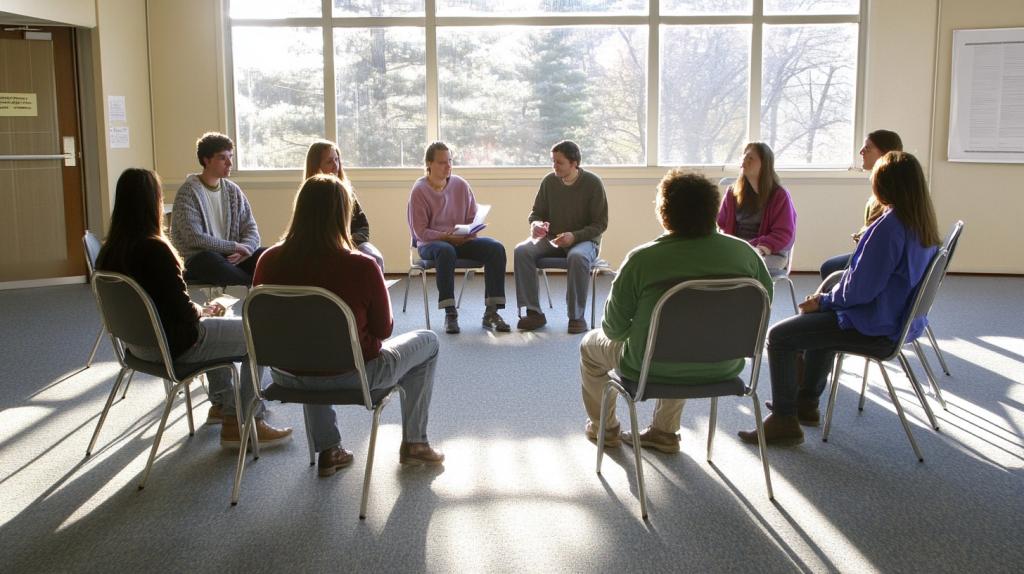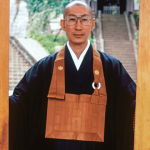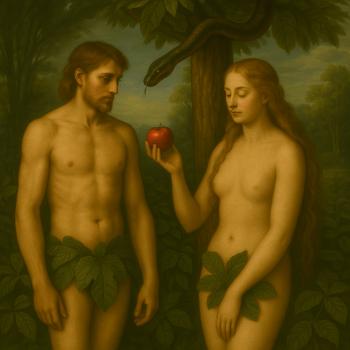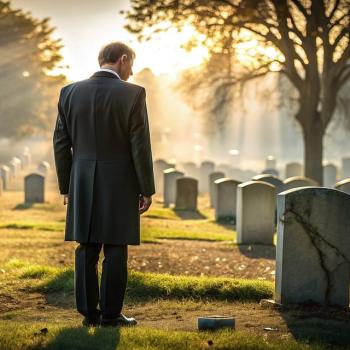Quakers do NOT mandate particular beliefs. They do not require that members embrace any particular beliefs about the nature of God or the “right” way to approach God.

Recently, a friend invited me to attend a meeting of the Religious Society of Friends, commonly known as the Quakers. I have always been intrigued by Quaker spirituality, which is more mystical than doctrinal. The Quakers emphasize contemplation, equality, pacificism, and social justice.
Quakers do NOT require that members embrace any particular beliefs about the nature of God or the “right” way to approach God. Some Quakers understand God in a Christian framework. Other Quakers embrace a more generalized view of Ultimate Reality, similar to the twelve-step notion of “a power greater than ourselves.” In fact, some Quakers are atheists or agnostics.
The local Quakers hold unprogrammed meetings, which means that there is no clergy. Quakerism truly embraces the Protestant notion of a “priesthood of all believers,” with no intermediary. Further, there is no liturgy, no music, no readings, no sacraments, and no sermons. Quakers consider outward rites and symbols unnecessary and even a hindrance to spiritual experience.
Listening to God
Much Christian worship involves talking in the liturgy, music, readings, sacraments, and sermons that Quakers find distracting. Much Christian prayer involves talking, rather than listening. Quaker worship consists of sitting in silence, typically for one hour. For the first 30 minutes or so, many participants clear their minds, so they can hear the Spirit’s promptings.
I have a Zen practice, so I felt completely at home with a contemplative, experiential, non-doctrinal worship service. At the same time, there is a difference between clearing the mind in Zen and hearing the Spirit in Quakerism. (As part of the service, Quakers might clear their minds, and Zen practitioners might receive promptings, but the emphasis is different.)
Eventually, members may rise and share their promptings. After the meeting, one member explained, “I don’t know if I’m listening to God or if I’m listening to my Self. But the voice is clear.” Likely, he was NOT referring to his egoic self, but to his true Self, something like Brahman (fullness) in Hinduism or the Void (Emptiness) in Buddhism. That is, impersonal Ultimate Reality.
He was suggesting that he was hearing Whatever or Whoever was calling the shots, in a cosmic sense. Still, he did NOT know What or Who that was, and he did NOT need to know, either. Many Christians wonder whether they are talking to God or talking to themselves, but few will admit it, especially in a worship setting. Sadly, doubt might be considered heresy, not honesty.
We can NOT know whether God exists, whether God is personal or whether God listens to us or talks to us. (And, we can NOT know the opposite of these statements, either.) In my opinion, Christianity has done us a disservice by pretending to have all of the answers. There are things that we cannot know, do not know and do not need to know.
Receiving and Reflecting
During the worship service and the subsequent sharing, as each member spoke, other members reflected without responding. I knew, without needing to be told, that it was NOT loving to approach another member and say, “I disagree with what you shared in worship service.” Did I really know where their prompting came from? Did I really know their heart (or my heart?)
If I disagreed with anything that they said (and I did NOT) would I be confusing my beliefs/speculation/theology with some universal Truth with a capital T? How could I be so certain?
During the sharing, we discussed “What does a faith community look like? How can we be better allies in this community and in the wider community?” To me, the key to community is unconditional acceptance. If we say anything more than, “I accept you unconditionally, regardless of what you believe or how you behave or who you love,” then we have said too much.
Years ago, I left a Catholic church after a priest said, “If you do NOT believe what we believe, then you are NOT welcome at the Lord’s table.” Then, I left a Protestant church after an elder said, “If you do NOT believe what we believe, then you are NOT welcome in the Lord’s house.” Did they know my heart? Why did they feel compelled to enforce some theological groupthink?
Are our beliefs more important to us than our behaviors? than our communities? than our spiritual practices? Would we really marginalize people over mere differences of opinion?
Quakers Do Not Mandate Particular Beliefs
Quakers do NOT mandate particular beliefs. They do not require that members embrace any particular beliefs about the nature of God or the “right” way to approach God.
Some traditions consider it an act of violence to help someone who does NOT want to be helped (regardless of our intentions.) Once, we met with some indigenous elders from Colombia. When we asked them to name the biggest threat to their way of life, they said, “Evangelization,” not climate change, pandemics or nuclear war. Quakers are NOT violent people.
So, it was enlivening to spend a few hours with pacificists who renounce all forms of violence. And, it was refreshing to worship with a community that embraces unconditional acceptance.
If you want to keep up with the latest from You Might Be Right, please subscribe.
The Way received a 2024 Nautilus Book Award.
If you enjoyed this article, please leave a comment at the bottom of this page.
Thanks for reading You Might Be Right!!














